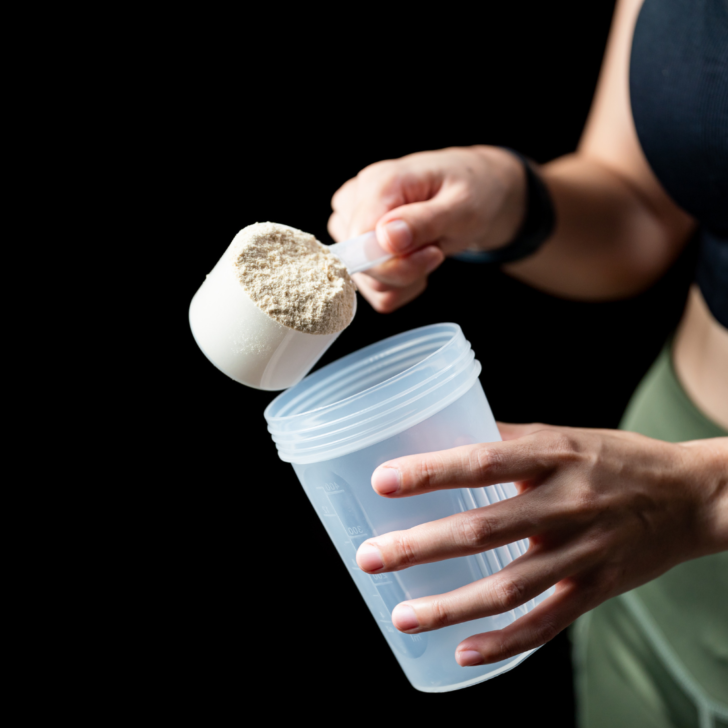Ready to fuel your workouts with the best low calorie protein powder?
We know that finding a great source of protein can be challenging.
Between hundreds of brands and dozens of flavors, comparing ingredients and choosing the right one for you can feel overwhelming.
We’re here to help!
From whey isolates to caseins, we’ve tested countless kinds of protein powders so you don’t have to.
Whether you want something light but tasty or an ultra-healthy option packed full of amino acids, these are our top picks for getting maximum nutrition without overloading on calories.
Why Is Protein Important?

Protein is an essential macronutrient that plays a key role in our health.
It is important for building strong muscles and bones, supporting the immune system, providing energy, stabilizing blood sugar levels, and regulating hormones.
Without enough protein, it can be difficult to fight off infections, have a healthy metabolism, or repair damaged tissue.
Protein has also been linked to a decrease in risk of heart disease and type 2 diabetes.
Protein helps build muscle mass and strength by triggering muscle growth when we exercise.
When muscle fibres are broken down during exercise, amino acids from the protein taken in through our diet act as building blocks for new proteins formed within the muscles cells.
Protein also helps maintain muscle mass when we’re not able to exercise regularly or if we’re elderly and more prone to age-related muscle loss.
Finally, protein can help us feel fuller longer which is important for those trying to manage their weight.
Protein increases satiety (feeling of fullness) more than fat or carbohydrates because it takes longer to digest than other macronutrients – this leads to lower caloric intake overall which can promote weight loss.
Additionally, choosing low calorie proteins such as plant-based proteins like nuts and seeds can help us reach our health goals without breaking the bank!
How Much Protein Should You Consume?
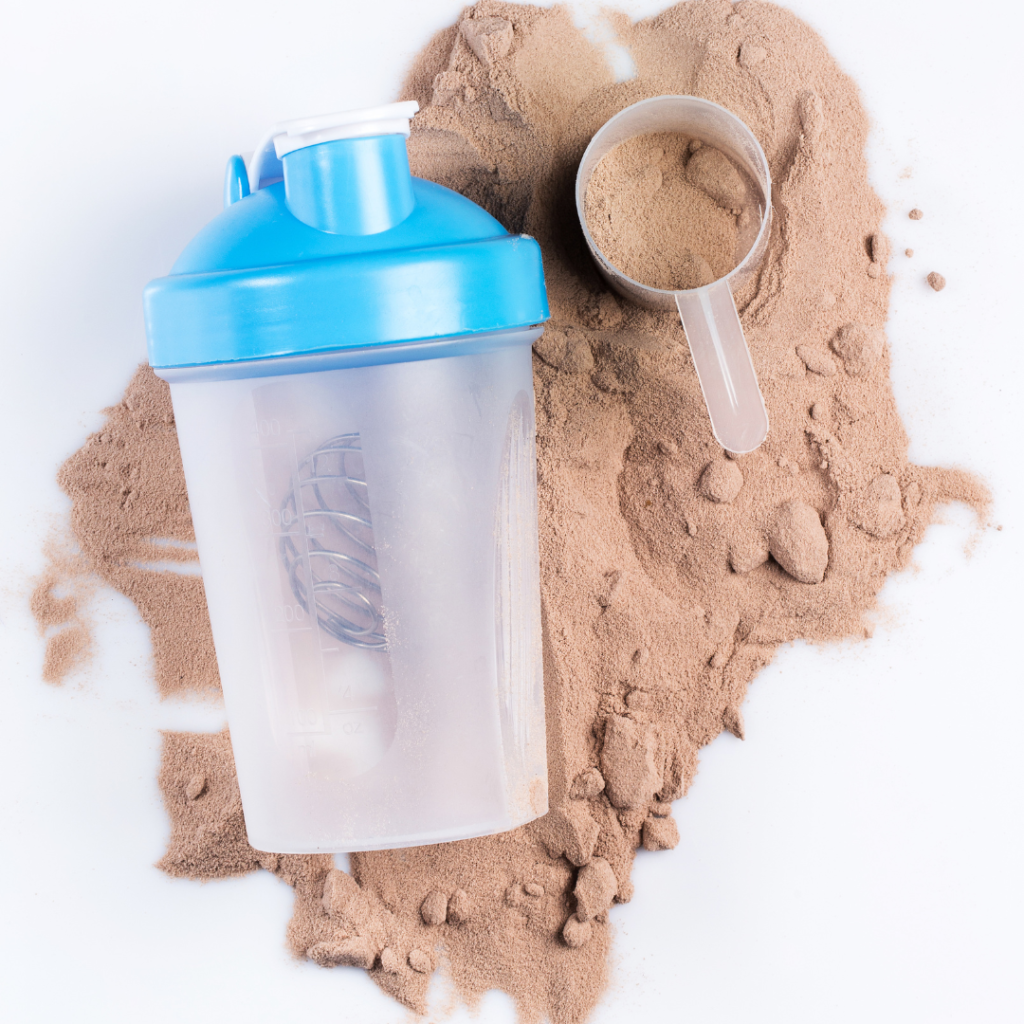
Protein is an important macronutrient that plays a key role in building and maintaining muscle mass, as well as providing energy.
The amount of protein you need each day depends on your age, gender, body size and activity levels.
Generally speaking, the Dietary Reference Intake (DRI) for adults is 0.8 grams of protein for each kilogram of body weight (or about 0.36 grams per pound).
For example, a person who weighs 75 kilograms (165 pounds) should consume 60 grams of protein each day.
The DRI for individuals who are very active may be higher than those who have a more sedentary lifestyle.
In these cases, it is recommended to consume 1.2-2.0 grams of protein per kilogram of body weight (or 0.54-0.9 grams per pound).
Endurance athletes may require up to 2.3-3.1 grams of protein per kilogram of body weight (or 1-1.4 grams per pound).
The best approach is to consult with a certified nutritionist or dietitian to determine how much protein you need based on your individual needs and goals.
In addition to getting the proper amount of dietary protein each day, low calorie protein powder can be used to help boost daily intake when needed or desired.
However, it’s important to remember that while low calorie powders are often used as meal replacements or snacks, they should not replace whole foods when it comes to meeting daily nutrient requirements like vitamins and minerals that are essential for good health and energy production throughout the day!
Who Should Buy Low Calorie Protein Powder?
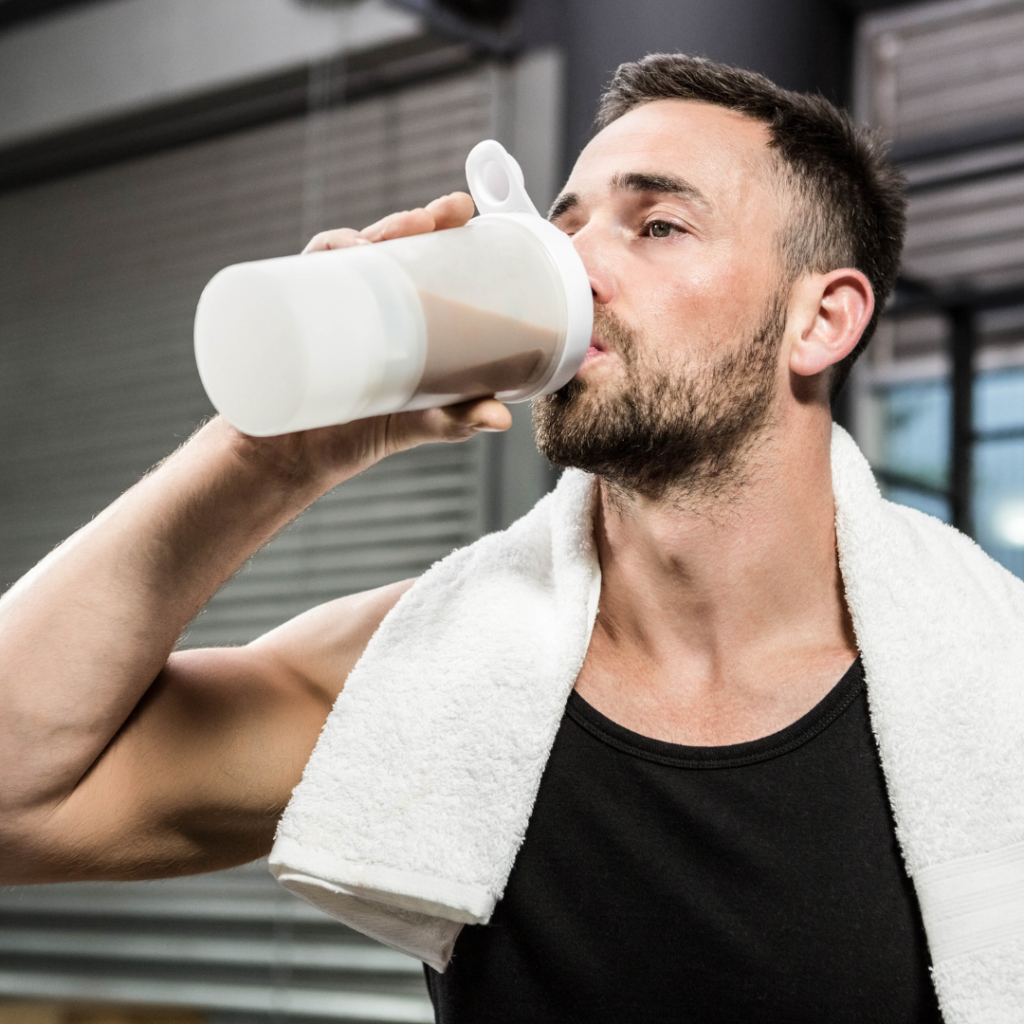
Those looking for a low-calorie way to boost their protein intake should consider purchasing a low calorie protein powder.
This type of protein powder is lower in calories than traditional whey or plant-based powders and provides added nutritional benefits.
Low calorie protein powders come in many different forms, including dairy and plant-based sources, with each containing varying amounts of macronutrients, micronutrients and other beneficial components, such as amino acids, probiotics and enzymes.
They are ideal for anyone looking to reduce the number of calories they consume while still getting enough protein to support muscle repair and maintenance.
Low calorie protein powders are especially beneficial for those who may be trying to lose weight and/or follow a low-calorie diet as they provide a convenient and nutrient-dense way to increase overall daily intake without adding excessive calories.
Additionally, since most low calorie protein powders contain dietary fiber, they can help people feel fuller longer which can aid with weight management goals.
They can also be used as a meal replacement during times when you don’t have access to full meals or need a quick snack on the go.
Overall, low calorie protein powders offer an effective way for anyone looking to reduce their caloric intake while still meeting their body’s needs for essential nutrients.
These products contain varied levels of both macronutrients (fats, proteins & carbohydrates) as well as micronutrients (vitamins & minerals), making them incredibly valuable for any health conscious individual wanting to meet their daily nutrient needs without consuming too many additional calories.
The Best Low Calorie Protein Powder
1. Sunwarrior Classic Protein Powder

This vegan-friendly protein powder is made from a blend of organic pea, cranberry, and hemp proteins.
It contains no added sugar and has only 80 calories per serving. The powder is also rich in iron and other essential amino acids as well as probiotics to support digestive health.
2. Garden of Life Raw Organic Protein

This USDA certified organic protein powder provides all the essential nutrients your body needs in an easily digestible form with 120 calories per serving.
It delivers 22g of plant-based protein from 14 sprouted grains, seeds and legumes with added enzymes for maximum nutrient absorption.
3. NOW Whey Protein Isolate

This low calorie option packs a whopping 25g of protein with just 110 calories per scoop — perfect for those who are looking to build lean muscle mass without adding extra fat or calories to their diet.
The whey isolate is sourced from grass-fed cows, so you know it’s pure and free from any unusual additives or preservatives.
4. Optimum Nutrition Gold Standard 100% Plant-Based Vegan Protein

Perfect for vegans and vegetarians, this plant-based option boasts an impressive 24g of vegan protein with just 150 calories per serving.
Its unique blend of pea, brown rice, quinoa and sacha inchi proteins provide all the essential amino acids needed for healthy muscle recovery while still keeping sodium levels low and offering up a delicious taste that’s easy to enjoy day after day!
5. Naked Nutrition Grass Fed Whey Protein Isolate

A favorite among athletes and bodybuilders alike, this whey isolate delivers 25g of pure whey protein with just 120 calories per scoop — making it one of the best low calorie options on the market today!
It’s made with premium quality grass fed whey that’s sourced solely from American cows and then cold processed in order to retain its nutritional value during production resulting in superior quality protein every time!
Different Types Of Protein Powder
Whey Protein
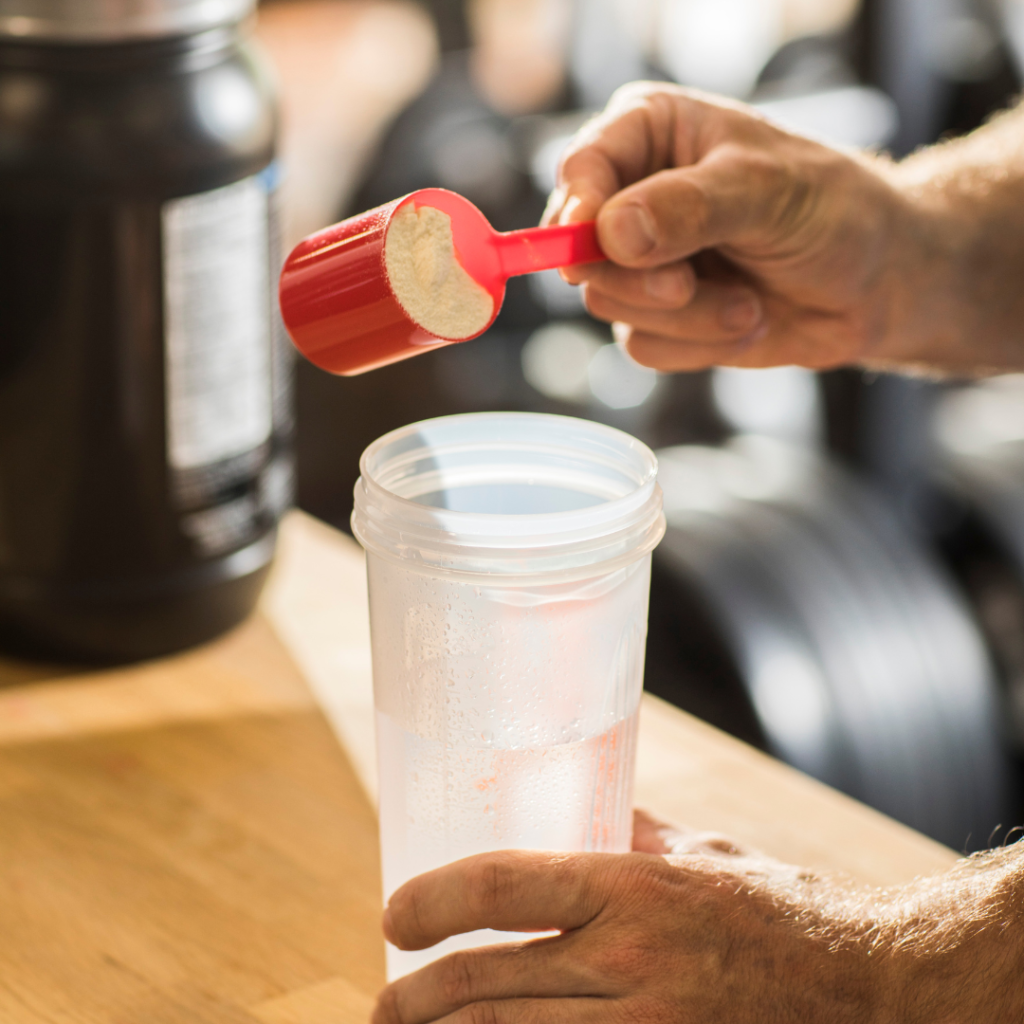
Whey protein is a type of dietary supplement derived from dairy. It is a by-product of cheese production and contains all 9 essential amino acids that the body cannot produce itself.
Whey protein is usually found in powder form, but can also be taken as a liquid or in pill form.
It has a high concentration of branched-chain amino acids (BCAAs), which are essential for muscle growth and recovery.
Whey protein is quickly absorbed by the body and can help to boost muscle growth and repair after exercise.
It has also been linked to improved immune function, reduced hunger and improved blood sugar control.
Casein Protein
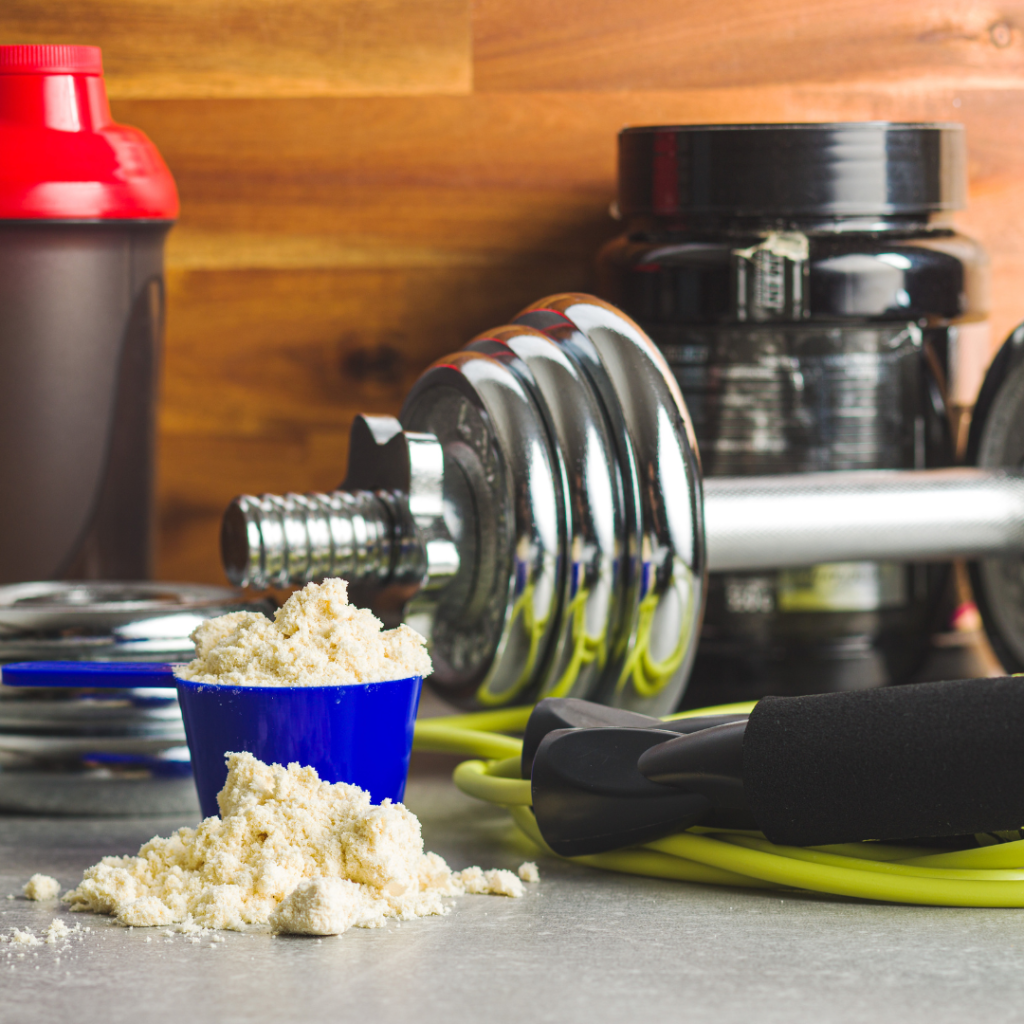
Casein protein is a type of milk-based protein that is made from the curds of milk.
It forms the largest portion of milk proteins, making up about 80 percent of total milk proteins in cow’s milk.
Casein protein is composed of various amino acids and has been shown to be one of the most effective forms for increasing muscle mass and strength.
It has also been studied for its ability to help reduce body fat and aid in weight loss.
Casein protein is slow digesting, meaning it takes longer for your body to break down and absorb the nutrients, making it a great choice for those looking for sustained sources of energy throughout the day.
This slow digestion also makes casein protein ideal before bedtime since it will provide your body with a steady stream of nutrients while you sleep.
Finally, casein protein is not just beneficial for athletes and bodybuilders, it can also benefit anyone looking to improve their overall health by helping with muscle repair and maintenance.
Plant Based Protein
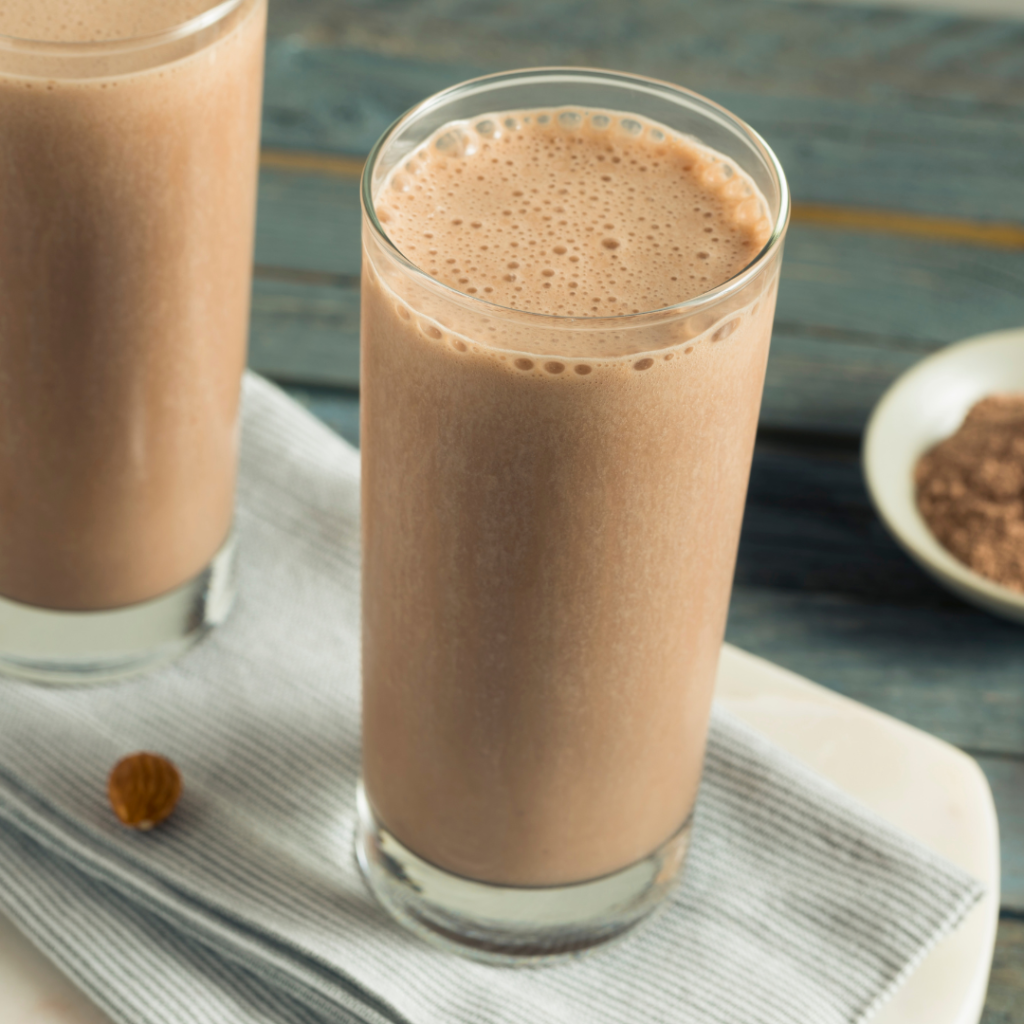
Plant-based protein is a source of dietary protein that comes from plants such as legumes, beans, nuts, and seeds.
It contains all of the essential amino acids that our bodies need to stay healthy, and it is an important part of a balanced diet.
Plant-based proteins are often considered to be healthier than animal proteins as they can help reduce cholesterol and maintain healthy blood pressure levels.
Additionally, plant-based proteins can provide dietary fiber which helps us feel fuller for longer and supports digestion.
They can also provide other vitamins and minerals such as iron, zinc, magnesium, calcium, Vitamin B6 and Vitamin E.
By choosing plant-based proteins instead of animal proteins we are also helping the environment by reducing our carbon footprint by decreasing greenhouse gases emissions associated with the production of meat.
Eating plant-based proteins can also help us save money since these sources tend to be less expensive than animal products.
Conclusion
With so many different types and brands of protein powder on the market, it’s easy to get overwhelmed.
Finding the best low calorie protein powder that fits your unique needs can be tricky.
Fortunately, this guide has hopefully provided you with the information you need to choose the right protein powder for you.
Knowing why protein is important, how much you should consume, and who should buy low calorie protein powder will help point you in the right direction.
Once you’ve sifted through all the variety out there and chosen a specific type of protein powder to invest in, you’ll be well on your way to a healthier lifestyle!
So don’t worry – choose wisely and embrace your healthy lifestyle!
